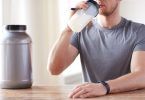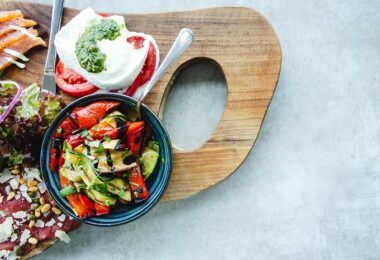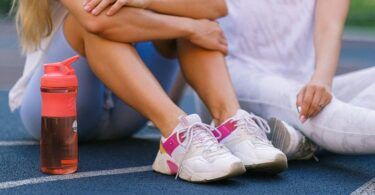—Discover the Wisdom Guardian in Mushrooms The “Top Student” in the Mushroom Family ...
Fresh Topics
Recovery Wardrobe: Why Comfort Matters Post-Workout
Getting fit is a long-term commitment. If you’re constantly uncomfortable, you really can’t fault...
Popular
Can Weighted Vests Help Lose Weight? The Science Behind Fat Loss & Fitness
Can weighted vests help lose weight? Whether it’s a marathon runner crushing hill climbs or a CrossFit athlete mastering complex movements, their training secrets often include more than just grit and determination. One...










































